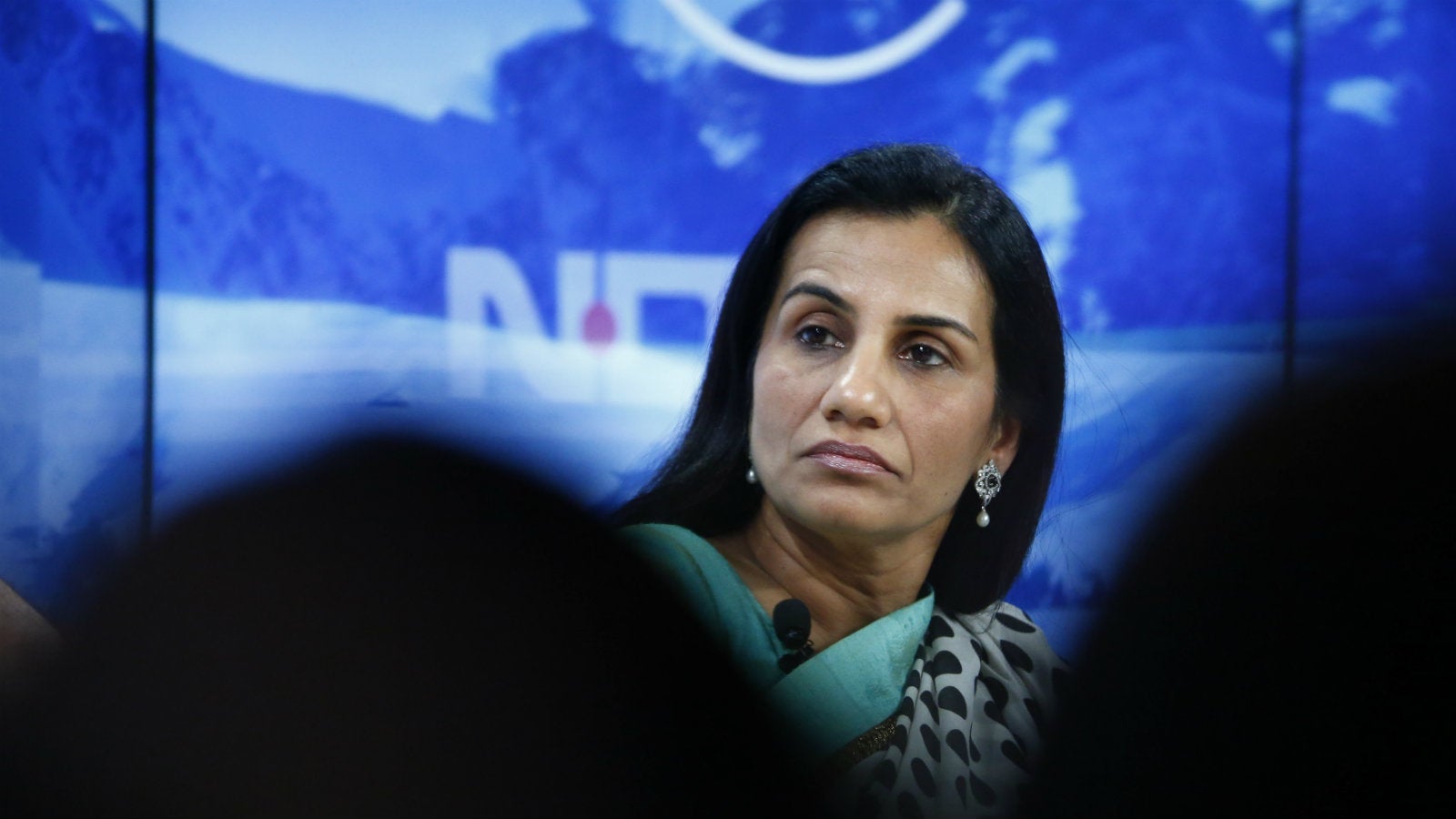What a daughter needs is some badass advice to face a badass world
An old friend of mine made a startling statement last week. “I don’t love my son yet,” she said during a WhatsApp conversation. “I will wait till he makes a space in my heart. But I find the idea of loving a newborn unreal.”


An old friend of mine made a startling statement last week. “I don’t love my son yet,” she said during a WhatsApp conversation. “I will wait till he makes a space in my heart. But I find the idea of loving a newborn unreal.”
Maternal love is supposed to be glorious, selfless and instant. But my friend, a mother of three children now, did not mind deviating from this socially sanctioned script. She had yearned for a third child, she enjoyed her pregnancy, but she did not feel anything for her new baby—yet.
Her casual, honest remark made me respect her more than ever before.
And then, I read Chanda Kochhar’s letter to her daughter.
The letter by the managing director of ICICI Bank, India’s biggest private lender, took over the internet last week. The 54-year-old banker advises her daughter on navigating career, relationships and other challenges in life. Excerpted from a book, which is a collection of letters from eminent parents to their daughters, the letter was described variously as “the best thing you will read today,” “heart-warming,” or “a must-read for every daughter”.
I found it insipid and uninspiring. Unlike my friend’s honest opinion on motherhood, Kochhar has disappointingly stuck to platitudes. The life lessons from one of the most powerful woman bankers in the world are safe and unimaginative. While Kochhar’s achievements have undoubtedly opened up new possibilities for a whole generation of working women, her letter hardly pushes the envelope.
The problem is not what is in it, but what isn’t. There is a lot of gratitude for the “unconditional” love and support Kochhar received from family. But isn’t that what women are anyway trained to say? Where’s the brutal honesty, and tips on handling unsupportive families? Or the coping mechanisms working mothers must develop in conservative India?
In the beginning of the letter, Kochhar tells her daughter to not let her career affect the way she relates to her family. She writes:
Remember the time you were studying in the US and the announcement of my becoming MD and CEO of ICICI was splashed across all newspapers? I remember the mail you wrote to me a couple of days later. “You never made us realize that you had such a demanding, successful and stressful career. At home, you were just our mother,” you wrote in your email. Live your life in the same way, my darling.
Fair enough, but Kochhar does not tell her daughter how hard it is for most to live life that way—to have a high-powered job and a blissful family life, to be the CEO of a company and “just a mom” at home. And without revealing—at least briefly—how Kochhar herself struggled and made it, all it does is perpetuate the myth of the modern-day superwoman. Or, if Kochhar is suggesting that she didn’t have to go through the squeeze, then perhaps it wasn’t worth writing a letter about at all.
When successful women hint at the apparent ease with which they managed, it puts crippling pressure on others. Young women are forced to think that they must have it all, even if they are up against relentless patriarchy.
But, several powerful women have acknowledged they really can’t have it all. Most begin to peak in their corporate careers at a time when they are also considering having children. As Indira K Nooyi, CEO of PepsiCo, told David Bradley, who owns Quartz, last year: “The biological clock and the career clock are in total conflict with each other… So we’re screwed. If you ask our daughters, I’m not sure they will say that I’ve been a good mom,” said the India-born Nooyi in a candid interview.
This is the frankness I hoped to find in a viral letter on motherhood.
Guilty enough
Kochhar mentions maternal guilt in her letter. She says she would have never had the heart to pursue her career if her daughter had “complained and whined about my extended absence from home.” Like many working mothers, she feels the need to justify her choices.
When you realized I was coming, you told me how you were used to going for your exams alone for so many years. It hurt me to hear you say that, but I also think in some ways, having a working mother made you much more independent from a very young age itself.
It is indeed comforting to see a woman, who is regularly featured in the world’s most powerful rankings, talk of concerns most working moms grapple with. If only she had also written about how draining it is to also constantly deal with unreasonable social expectations.
Throughout the letter, Kochhar speaks about what it takes to be a model wife, daughter and daughter-in-law. I just wish she did not assume that her daughter would want to step into these defined roles.
Her letter ends with a few well-meaning but hackneyed words of advice: “Take destiny in your own hands,” “Aim for the sky,” “Don’t cut corners or compromise to achieve your dreams.” But bereft of any realistic roadmap, Kochhar should have just bought her daughter a self-help book instead.
We welcome your comments at [email protected].